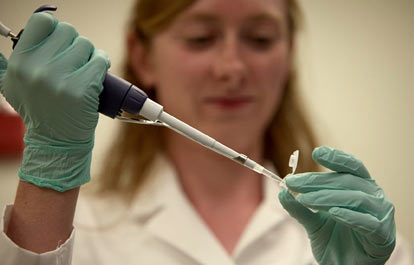

Scientific Lectures //
Neuroscience: Informed Cognitive Training for the Neutral System Deficits of Schizophrenia
Sophia Vinogradov, M.D. - Associate Chief of Staff for Mental Health Service,San Francisco Department of Veterans Affairs Medical Center; Professor and Vice Chair, Psychiatry, University of California.
Presented: November 28, 2012
ABSTRACT: Although a great deal of recent work has focused on cognitive enhancing medications in schizophrenia, and on their underlying neurobiological mechanisms, very little work has focused on the underlying neurobiology of behavioral cognitive treatments. This is somewhat surprising, given that behavioral treatments such as cognitive remediation have demonstrated efficacy, and could potentially be a critical component of the therapeutic armementarium in schizophrenia. We report longitudinal MEG, fMRI, and serum biomarker data obtained in clinically stable adult outpatients with schizophrenia who were randomly assigned to participate either in 50 hours of “neuroplasticity-based” computerized cognitive training or 50 hours of a computer games control condition. In this innovative form of behavioral cognitive enhancing treatment, participants engage in a heavy schedule of computerized training that places implicit, increasing demands on auditory perception and accurate aural speech reception. This psychophysical training is embedded within a suite of increasingly complex auditory and verbal working memory/verbal learning exercises. A fundamental goal of this treatment is to increase the accuracy, the temporally-detailed resolution, and the power of aural speech inputs feeding working and long-term memory processes. We present the following evidence of neurobiological effects as a function of training, obtained in the active condition but not the control subjects: 1) MEG data indicating improved efficiency in early auditory processing and in prefrontal activation, as well as changes in resting state functional connectivity; 2) fMRI data showing “normalization” of brain activation patterns during a verbal memory and verbal working memory task; 3) significant increases in serum BDNF and d-serine levels. Taken together, these data indicate that 50 hours of “neuroplasticity-based” cognitive training drives neurobiological changes consistent with restoration and enhancement of key neurocognitive processes.
To view presentation please click here.

